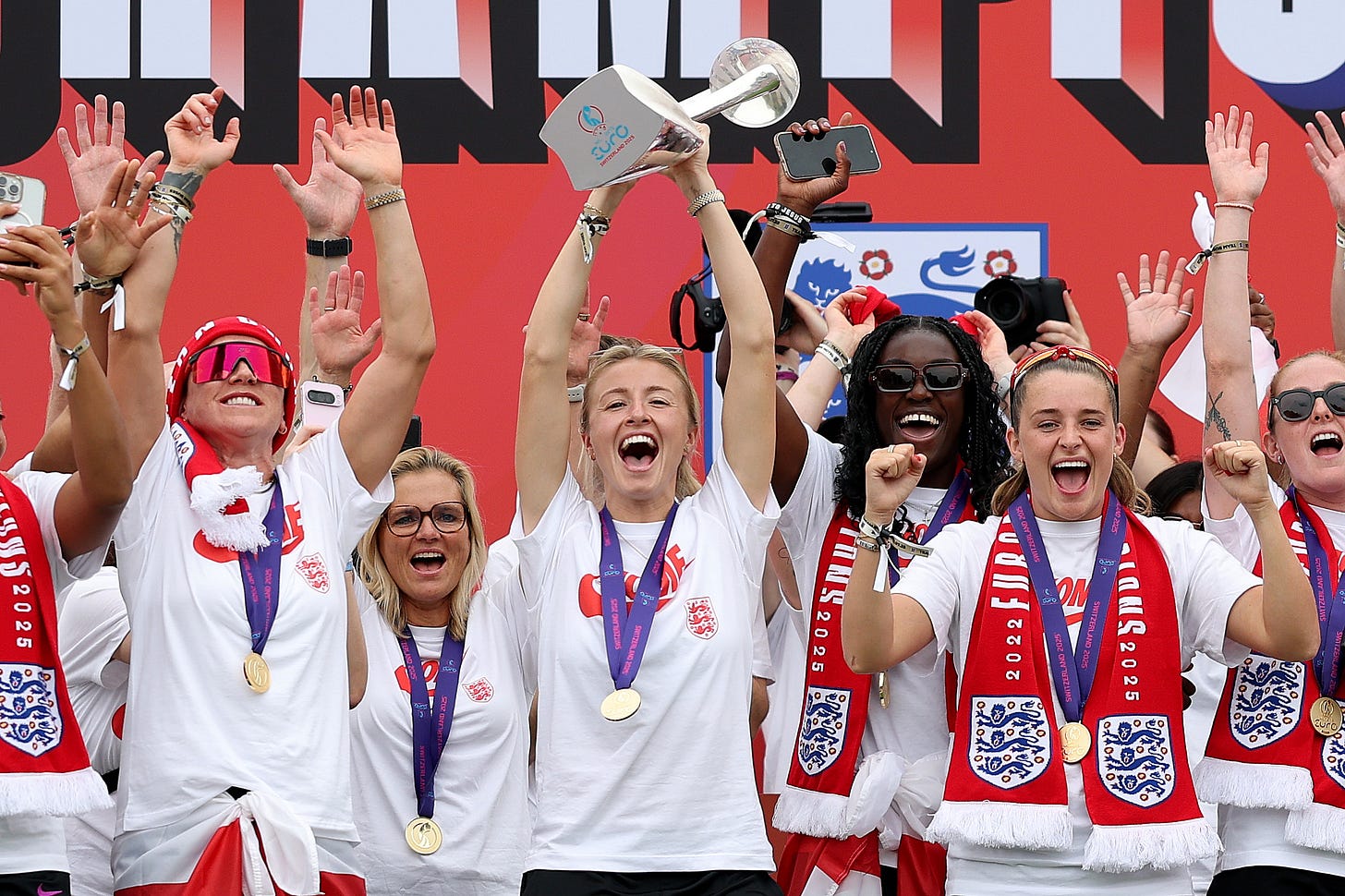Chris Paouros: We’ve had visibility, now we need accountability
Action needed to ensure real legacy of England's Euro 2025 win
By Chris Paouros
When the Lionesses wrote to the government after Euro 2022, it changed things. Within months, girls were guaranteed equal access to football in schools. It showed the power of visibility and a clear ask.
Three years on, after another Euros, we’re in a d…




